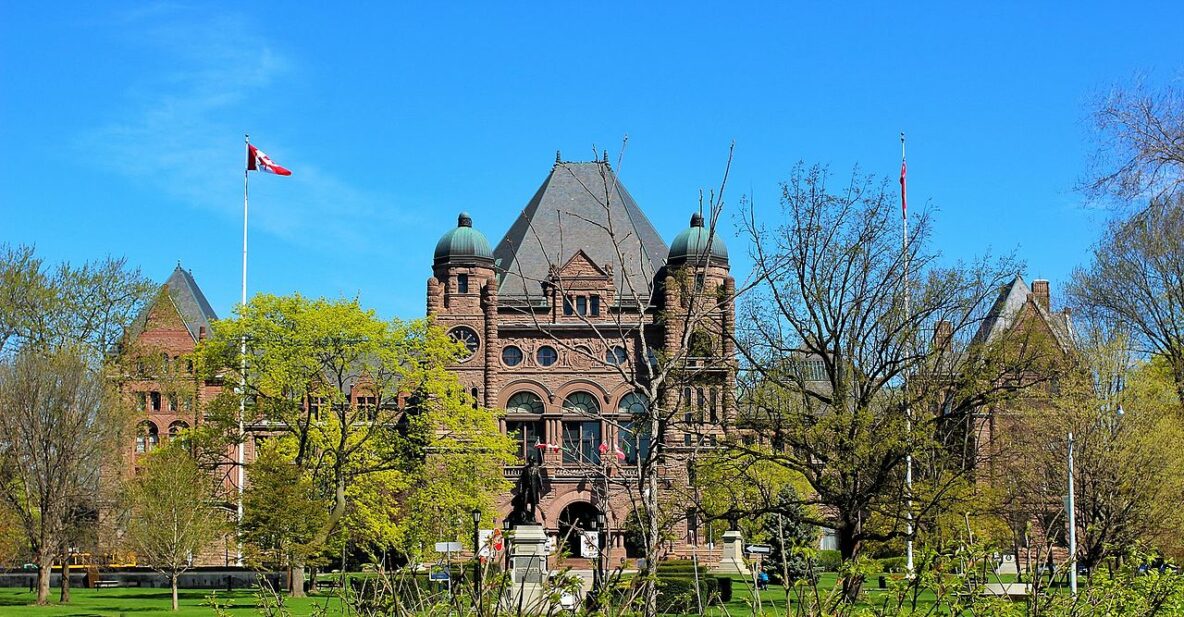The 2023 provincial budget, released yesterday, includes the following commitments that have relevance for people who have intellectual disabilities, their families, and developmental service organizations:
- The Guaranteed Annual Income System (GAINS) system (which provides $166 a month for eligible individuals and $332 for couples) is being changed so that an additional 100,000 people will qualify starting in July 2024. GAINS will also increase annually with inflation.
- An additional $202 million each year will be invested in supportive housing and homelessness programs.
- In 2023-24, up to $569 million will be added to the home and community care budget (as part of the $1 billion over three years announced in 2022), including nearly $300 million in “contract rate increases to stabilize the home and community care workforce.”
- The budget includes an additional $425 million over three years for mental health and addictions services, including a five per cent increase in the base funding of community-based mental health and addiction service providers funded by the Ministry of Health.
- $170 million over three years has been added to the Youth Leaving Care program, which will be expanded to include youth leaving the child welfare system up to 23 years old. This includes the Ready, Set, Go program, which directs children’s aid societies to assist children in care to plan for the future starting at age 13.
- $12 million over three years will fund 14 new spaces at Safehaven for children and youth with complex medical conditions.
- $2.5 million will go to the Youth Violence and Human Trafficking Prevention Program and the Victim Quick Response Program+.
- $6.2 million will be spent over 3 years in “targeted supports for students with disabilities to pursue cooperative education opportunities.”
In addition to these new funding amounts, the provincial budget includes a promise that will be important to track:
The province is continuing to make it more convenient for families to get the care they need by making home and community care more reliable and reducing wait times. Over the next year, the government will work with home care partners on making improvements to modernize the system, remove barriers and make it easier to more directly connect people to care at home and in the community. Ontario is taking steps towards:
- Integrated Care Coordination, through Ontario Health teams, to better align care providers, reduce duplication and make care more responsive to people’s needs.??
- Flexible Care Planning and Delivery that focus on addressing improving health outcomes for people.
- Needs-Based Care that focuses on people’s individual health needs and not on hours of care or the number of visits.
Community Living Ontario will continue to monitor these and other programs that affect our sector, and will continue to advocate for increased investments in services and supports for people who have an intellectual disability and their families.

